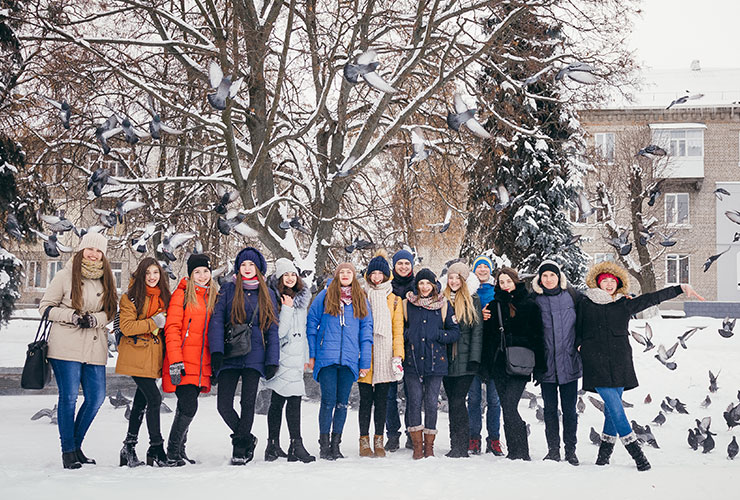Salut, Olá, Salām! – Language Holiday Makes Learning Authentic and Fun
Asking a Frenchman for the right way to the Tour Eiffel, ordering a meal at the bistro and starting to chat with the gentil garcon sitting next to you in the metro about ci et ça. Language travel brings languages we learn at school to live and motivates!
While some learn a new language in order to travel and get to know the world and its plurality, others might discover fun in learning a language when traveling for once. Using this reverse line of thought children’s and teenagers’ motivation to embrace their language classes can be spurred enormously. Parents and teachers alike know the daily struggle of convincing youngsters of the necessity of learning vocabulary and grammar rules by heart. But if they are curious and eager to learn instead this can bring a whole new dimension to language class and the resulting skills and levels students attain.

There are different ways for students to go on language study travel. One is to do it independently from school, using for example the wide-ranged offers of exchange programs. Some even provide projects for the very young ones in primary school. Students can go abroad or attend language camps in their home country during school holidays. The time period is variable and can be adapted to individual wishes and prospects. Depending on age and language advancement students can decide for specific features.
Teenagers that are already more advanced should go for a program where they live alone with a native speaking host family and study in a totally international environment. Younger children with little language experience, on the other hand, can decide to keep it a little easier and more supportive traveling in a group or with a tutor capable of one’s mother tongue. Both ways students do not only boost their fluency, but also train soft skills as they have to get along in a new environment and within a new group of peers.
A second option for language study travel comes from schools’ initiatives: Here teachers can organize journeys or workshops abroad for their class. This brings great motivation to the students because they have a goal they commonly work towards in first place, followed by moments of success and cultural interaction during the actual travel, which then again triggers inspiration and drive to keep going in the aftermath.

While the clear focus of such types of language holiday is on fun and becoming acquainted with foreign culture and the entailing fascination, it must not be overlooked that they can help students in making future plans just as well. They do not only lose the fear of using a second or third language, their progress can moreover be measured in terms of standardized evaluation systems like the CEFR (Common European Framework of Reference for Languages).
Both aspects will help them later on when applying for universities or when competing on the job market because in our modern globalized world an increasing number of industry sectors operates in an international environment – making language mastery a pivotal asset for any aspiring employee.
Author: Andrea Ruscher
References
[1] Study travel magazine (2018). [online] Available at: http://www.studytravel.network/magazine/


